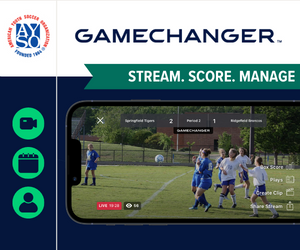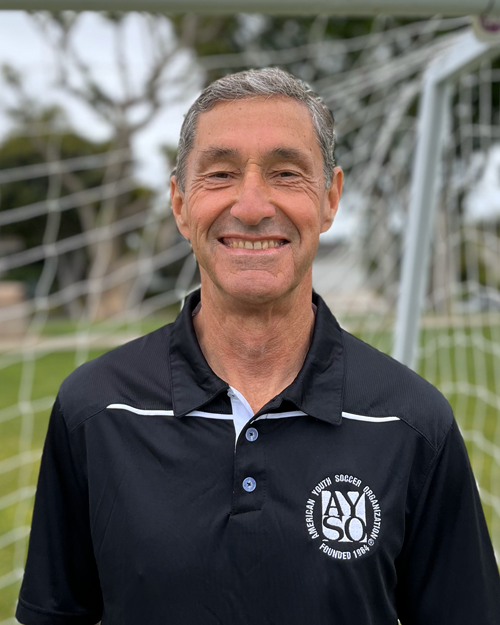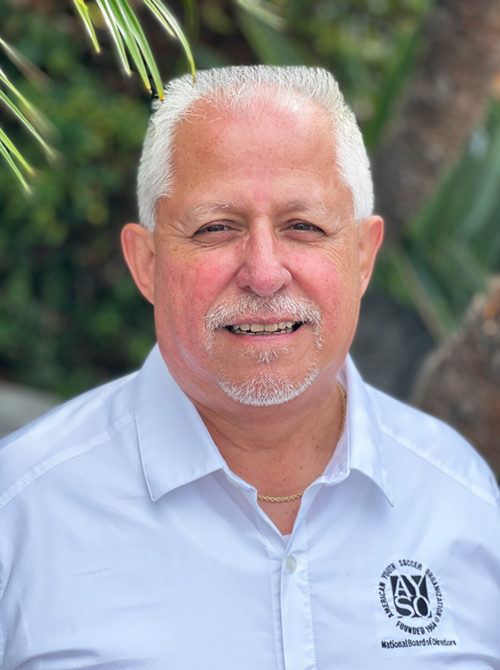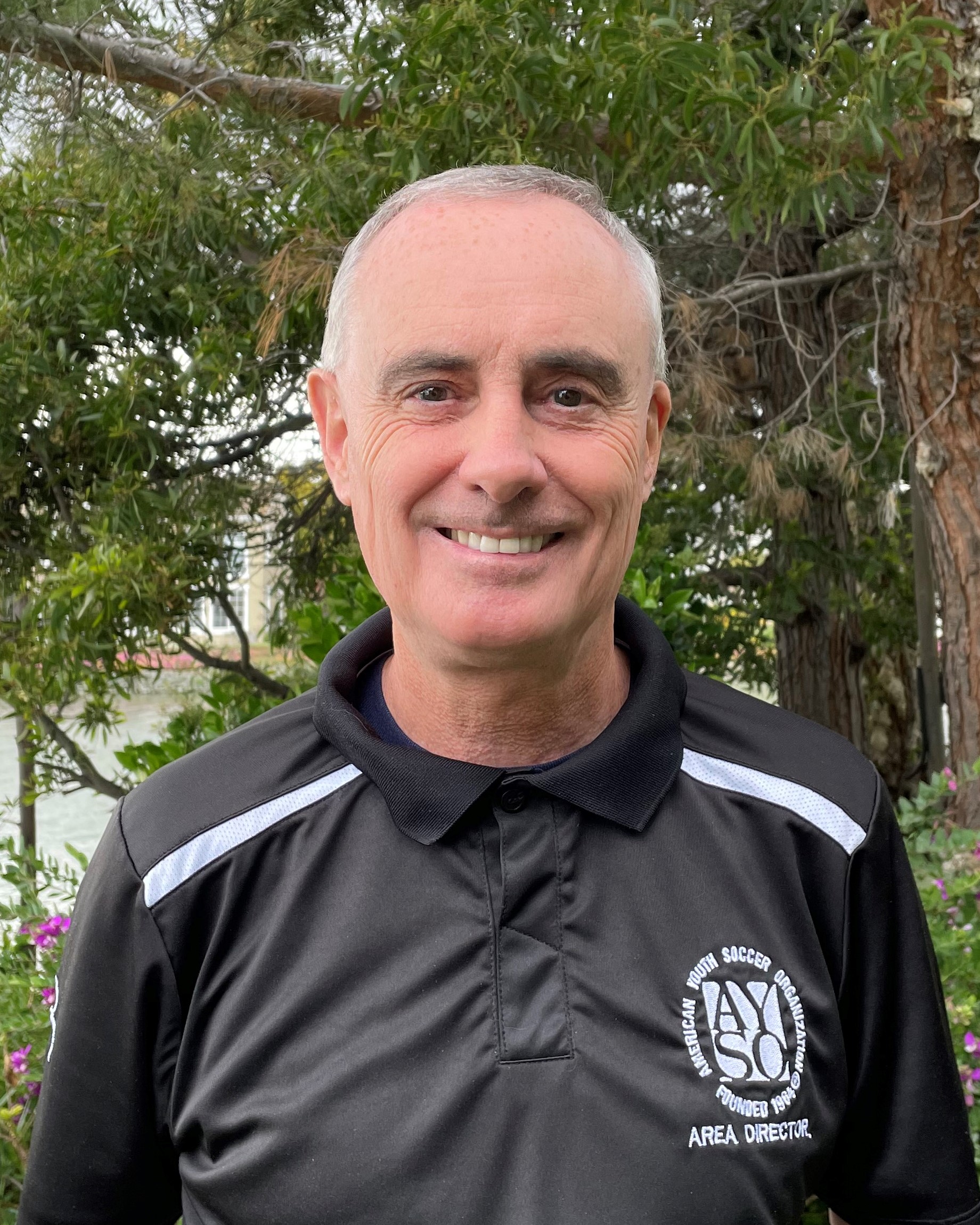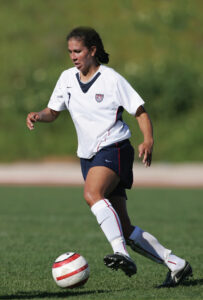By: Katie McKee
We’ve all heard the expression, “you have to fail to succeed.” Losing a game, getting scored on, not playing one’s best; these are all common occurrences in youth soccer. How can we use those experiences to better our teams? As coaches, how can we create a healthy perspective about winning, losing, and adversity that supports individual and team improvement?
As coaches, we are privileged to be in a position to teach and inspire our youth to love sports and to return each year. We impact their development, teach them about teamwork, and contribute to their improvement. Teaching them how to handle adversity is a great way to enhance and foster their improvement and development.
In our society, winning is plastered EVERYWHERE and we learn early in life that winning must be important. Adults also get lost in the shuffle that “winning is everything.” It’s a natural part of competition without question. Unfortunately, kids start to adopt that same mentality and as a result may not know how to handle adversity or losing.
The funny thing is that most kids would put winning way down on their list of why they play a sport. They often list making friends, having fun, and enjoyment higher than winning. And most pro athletes would list adversity as one of the main reasons they are now successful. Teaching youngsters about finding opportunities for growth in both winning and losing will help them develop the right skills to handle those scenarios now and in the future in both sport and life.
One of my favorite approaches is the FEEL and DEAL approach. No matter what situation we’re faced with, feel and deal means to feel what we’re going through, then to deal with it. Learn from it, and then move on. This can be especially helpful when facing adversity. Every experience provides opportunities for growth.
It’s winning and learning not winning and losing
Creating a healthy perspective about losing and adversity can help youth in these ways:
- Contributes to their confidence in sport and life.
- Provides them with strong coping skills when they do face adversity, now and in the future.
- Influences a growth mindset, where mistakes and “failing” are embraced and lead to growth.
- Contributes to a “can do” rather than a “can’t do” attitude.
- Keeps them process rather than outcome oriented.
- Teaches them about persistence.
- Helps them view challenges as opportunities.
Below, you’ll find a few tips how to talk about and approach adversity:
Encourage a growth mindset.
-The growth mindset says that we are all learners throughout life. Taking risks and making mistakes are necessary for growth. Our outlook about risks and mistakes can dictate our mindset and behavior. Encourage the growth mindset in your players, and try to live this as a coach.
Remind your team that winning isn’t everything.
-Do we want to win? YES! Is winning the most important thing? NO! Winning is a byproduct of many other things including preparation and effort. Even when we do those things, we still may not win.
Embrace Challenges.
-Mistakes and challenges can be the most teachable moments. Teach your team how to embrace and learn from them. Adopt the growth mindset, where learning comes from all experiences.
Talk to your team about failure and adversity.
–What is failure? What is adversity? What does it mean? How do we behave or respond to it? In the early stages of your season, define what failure and adversity mean and how to approach them. Check in and reinforce those themes regularly.
Ask more process related questions.
-What did we do well today? What was the most fun about today? What can we do better next time? Why do you think that didn’t go as well today? What did we learn? Give them a voice while providing some constructive feedback of your own.
Check your reactions to “mess-ups,” adversity, losing, and winning.
-What is your body language saying? What words are you using and how is your tone? Are you only cheering for good or positive performance behavior? Youngsters can quickly recognize conflicting words and body language, so be aware of how you’re reacting. Remember, they learn how to react to and approach these scenarios mostly by watching adults so the key is to be a good example.
Focus on what’s IN YOUR CONTROL.
–This is true for both coaches and players. Stay focused on things you can control like effort and preparation. Avoid worrying about things outside of your control, like outcome, opponents, and referees.
Practice positive self-talk.
-Helping youngsters develop good self-talk habits will help them approach sport and life with a “can do” attitude and not get too down on themselves. When you hear a player say a negative statement, ask them to rephrase it with something positive. The same goes for coaches; rephrase language to be positive or constructive.
Overall, it’s about balance. Kids are like sponges and develop their coping strategies towards winning and adversity based on what they observe in the grown-ups that have the most influence in their lives – parent, teachers, coaches. Teach them to focus on the steps it takes to learn new things rather than the final results, and most importantly be a good example of this yourself.
Katie McKee, M.A., is a Mental Performance Consultant and AYSO coach in the Redondo Beach, Ca area. She works with players, teams, coaches, and parents on the mental side of performance. For more information or to get in touch with Katie, please visit her website www.mindfit-performance.com.


